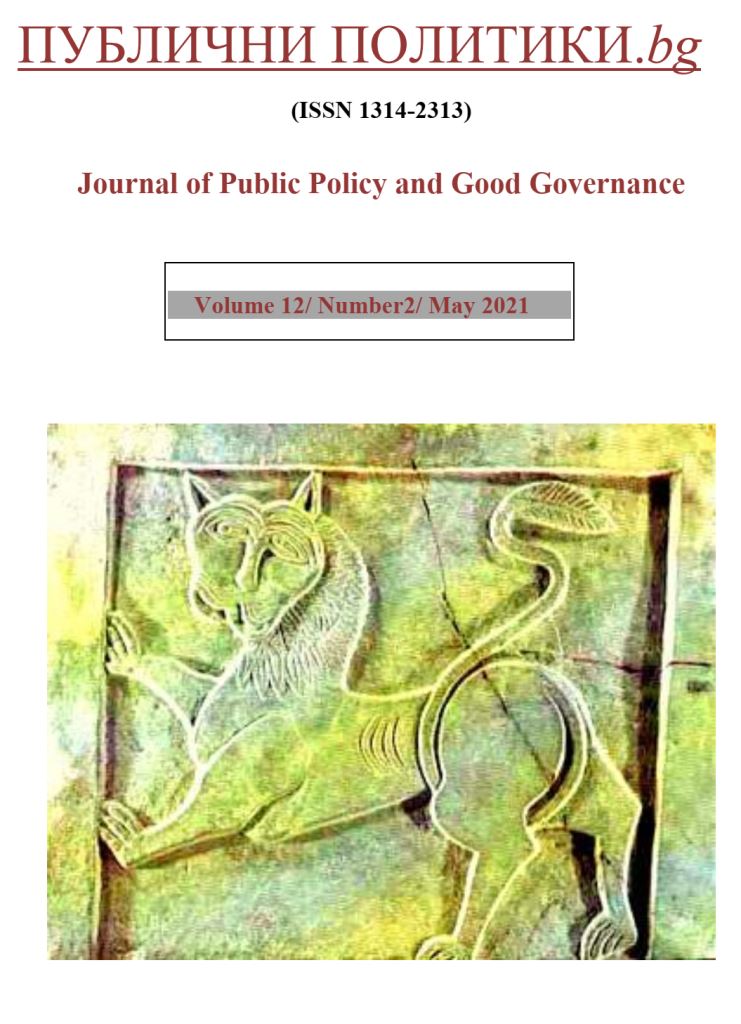КАК ТАКА БЪЛГАРИЯ СТАНА ЧЛЕН НА ЕС?
HOW COME THAT BULGARIA BECAME AN EU-MEMBER?
(a national test of the EU-enlargement policy)
Author(s): Georgi DimitrovSubject(s): Politics / Political Sciences, Social Sciences, Economy, National Economy, Civil Society, Governance, Public Administration, Sociology
Published by: Софийски университет »Св. Климент Охридски«
Keywords: EU enlargement policy; Europeanization; accession conditionality; Bulgaria
Summary/Abstract: The paper presents the findings of an empirical study on the specificity of the Bulgarian EU-accession carried out by an analysis of the information from 47 interviews with high level governmental officials and diplomats. Four basic dimensions of the process have been delineated – a) the decisive influence of international security problems; b) a differentiated impact of EU-member states; c) the specificity of the Bulgarian institutional actors, who did the job of accession preparations and the marginalization of civil society; d) the crucial role of some key political figures’ input. The demonstrated research strategy is a frontal attack against the notion in academic literature on the Fifth EU enlargement, which assumes that the latter has Europeanized the societies in the Central and East European countries (CEECs) through the accession negotiation process, based on conditionality. The analysisц identifies and explains the role of several very different enlargement policy mechanisms, which have nothing to do with the hypothetical “EU’s transformative power”, but exactly these mechanisms cause the partiality, superficiality and reversibility of the EU accession results.
Journal: ПУБЛИЧНИ ПОЛИТИКИ.bg
- Issue Year: 12/2021
- Issue No: 2
- Page Range: 84-137
- Page Count: 54
- Language: Bulgarian

